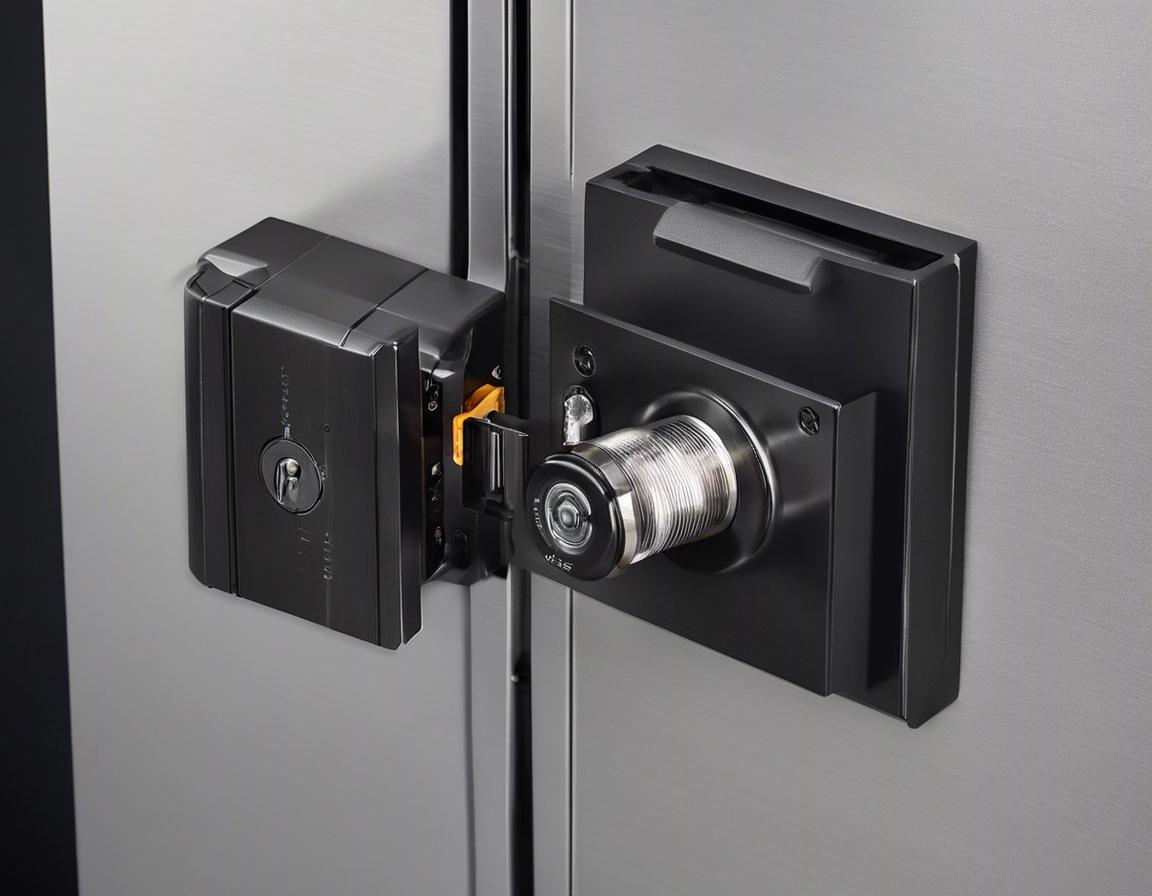The future of access systems in real estate
The real estate industry is rapidly evolving, and access systems are at the forefront of this transformation. As we look to the future, the integration of technology in real estate access systems promises to deliver unprecedented levels of security, convenience, and efficiency.
Current State of Access Systems
For centuries, the lock and key have been the standard for securing properties. However, they offer limited security and are susceptible to being lost, stolen, or copied.
Electronic keypads and keycards improved security by adding the ability to easily change codes and deactivate lost cards. Yet, they still have vulnerabilities and can be inconvenient to manage on a large scale.
Biometric systems, which use unique physical characteristics for identification, have added a layer of security but also raise privacy concerns and can be expensive to implement.
Emerging Trends in Access Systems
Smartphones are becoming central to access control, allowing users to unlock doors with a simple tap or via proximity sensors.
IoT-enabled devices can communicate with each other, creating a seamless and integrated security network that can be managed remotely.
AI and machine learning are being used to analyze access patterns, predict security breaches, and automate security protocols.
Benefits of Advanced Access Systems
Advanced systems offer multi-factor authentication and real-time monitoring, significantly reducing the risk of unauthorized access.
With features like remote access and user-specific permissions, these systems provide a more convenient experience for both property managers and occupants.
Smart access systems can be integrated with other building management systems to optimize energy use and contribute to sustainability efforts.
Challenges and Considerations
As systems become more connected, the protection of personal data and the security of the access control network itself become paramount.
While advanced systems offer many benefits, they also come with higher upfront costs. Assessing the long-term ROI is crucial for decision-makers.
Ensuring that new systems are user-friendly and that occupants are comfortable with the technology is essential for successful adoption.
Looking Ahead: The Integration of Access Systems in Smart Cities
The future of access systems is closely tied to the development of smart cities, where real estate access will be part of a larger, interconnected ecosystem of services and infrastructure.






Comments (0)